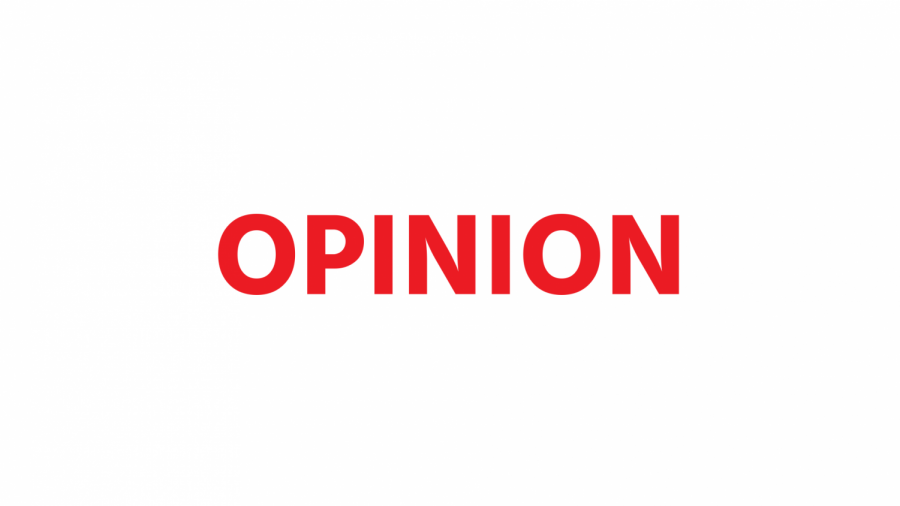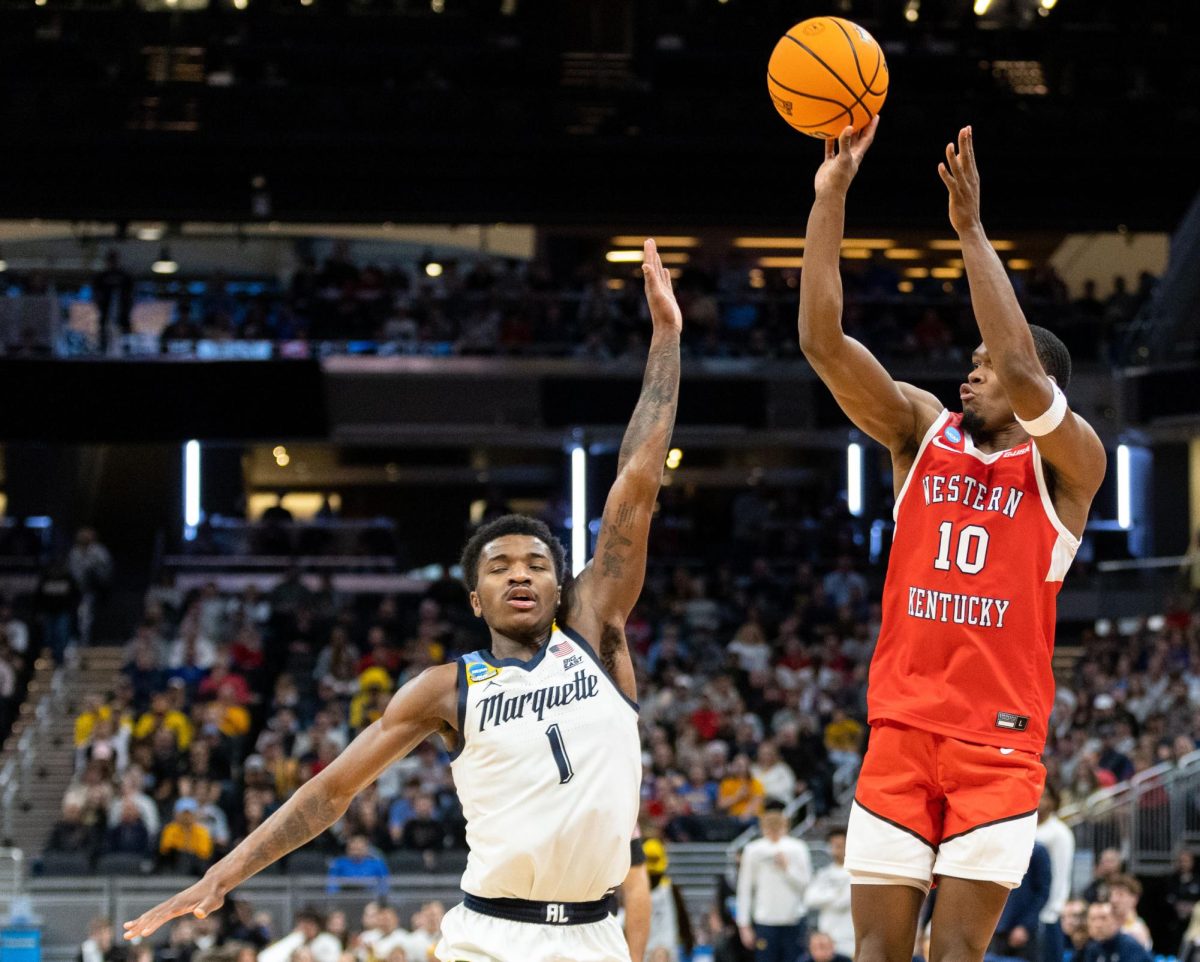Political Anomalies: Understanding the LGBTQ Right
February 6, 2018
Celebrity and trans icon Caitlyn Jenner once quipped during the 2016 U.S. presidential election that, “It was easy to come out as trans. It was harder to come out as a Republican.” And she’s not wrong when pointing out the stark contrast between her political ideology compared to the rest of the LGBTQ community: only 14 percent of LGBTQ voters casted their vote in favor of Donald Trump.
But Donald Trump was a different kind of Republican candidate. The first GOP presidential candidate to speak about LGBTQ issues at the Republican National Convention, he was also the first to unfurl a rainbow pride flag at a political rally.
That’s what led former WKU student Zach Steward, a gay man, to, “ … look into Trump’s views.” He said he “wasn’t convinced that Trump was a homophobic, tyrannical bigot.”
Steward identifies as a right-leaning libertarian and values advocacy for individual liberty, something he believes Conservatives and Democrats fall short in. “I don’t subscribe to collectivist ideas. The individual is the smallest minority,” Steward said.
Various minority groups among ethnic and LGBTQ lines are mostly perceived as reliable voting blocs for the Democratic Party, so it’s a rarity when a member from one of these minority communities breaks away from the status quo.
For this, Steward has sometimes felt alienated in LGBTQ spaces. As a student, he once participated in a focus group on LGBTQ issues and noted that, “while it wasn’t hostile or anything, my opinions were looked down upon. I learned to keep my mouth shut.”
Catelyn Stanley, a mechanical engineering major, has also been met with confusion when sharing her political beliefs, exclaiming, “I’m very visibly queer so people just assume I’m a Democrat. A lot of people tell me, ‘Oh, you’re a Republican and you’re gay? That’s a bit contradicting.’”
As a queer, liberal Republican woman, Stanley has been frustrated by the connotations associated with being Republican. While Steward and Stanley are both in favor of gay marriage and are socially liberal, they maintain that they are not single-issue voters.
Steward described what guides his political beliefs, citing that he cares most about where his money is going. “I want to know what the government is getting into. Why are we giving so much in foreign aid? Why are we getting involved in the affairs of squabbling nations overseas?”
Stanley said that while she of course supports a pro-LGBTQ platform, she feels that fiscal issues ought to take precedent because, “as a whole, [fiscal issues] have a greater impact on more people.”
While they are both right-leaning, Steward and Stanley had very different takeaways from the 2016 U.S. presidential election. Steward voted for Trump, as he was unimpressed with the tepidity of the Clinton and Johnson campaigns. Moreover, he called Trump a “breath of fresh air” on economic and immigration issues.
Catelyn, on the other hand, did not vote in the election, citing Pence as being the biggest contributing factor to her non-vote. She also points to climate change and reproductive health issues as areas where she has major disagreements.
“Donald Trump is making the U.S. look like a joke,” she said.
But as anti-LGBTQ stigma in the U.S. slowly fades away, new political realities held by LGBTQ peoples begin to form. “I definitely give props to the Left for championing LGBTQ [inclusion]. But today in 2018, I don’t identify as a Democrat. Things have changed,” Steward said.
Stanley hopes that people realize that, “Just because you’re Republican doesn’t mean you’re stereotypically conservative.” Although LGBTQ voters on the Right might feel like political anomalies, Steward emphasized that, “we [right-leaning voters] are not confused. We just disagree [with Democrats]. And that’s okay.”












![Students cheer for Senator at Large Jaden Marshall after being announced as the Intercultural Student Engagement Center Senator for the 24th Senate on Wednesday, April 17 in the Senate Chamber in DSU. Ive done everything in my power, Ive said it 100 times, to be for the students, Marshall said. So, not only to win, but to hear that reaction for me by the other students is just something that shows people actually care about me [and] really support me.](https://wkuherald.com/wp-content/uploads/2024/04/jadenmarshall-1200x844.jpg)












